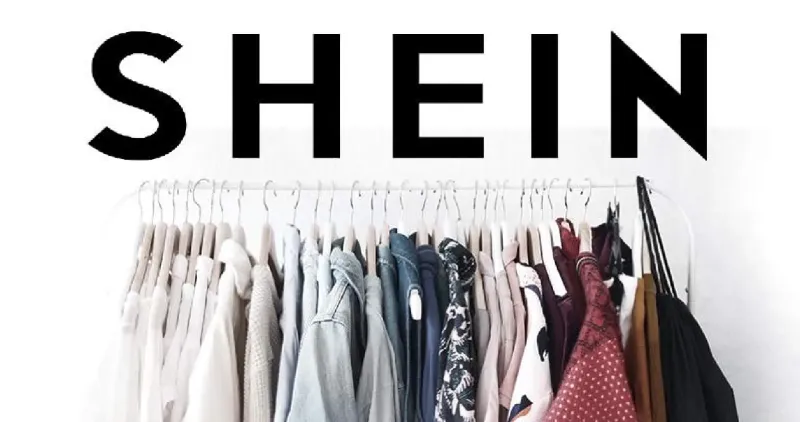Shein Makes a Comeback in India with Reliance Retail

Chinese fast fashion giant Shein has officially relaunched in India, five years after facing a ban. The ban was imposed by the Indian government due to data security concerns amid rising tensions with China. Now, under a new licensing agreement with Reliance Retail, Shein is set to re-enter the Indian market, promising to operate under strict regulations. This move marks a significant shift in India’s approach to Chinese apps and highlights the evolving landscape of online retail in the country.
Background of Shein’s Ban in India
In 2020, India banned Shein along with several other Chinese apps, including TikTok. The decision came in response to growing concerns over data privacy and security. The ban followed heightened tensions between India and China, particularly after clashes in a disputed Himalayan border area. Indian officials cited complaints about these apps allegedly “stealing and surreptitiously transmitting users’ data in an unauthorized manner.”
The ban left a noticeable gap in the Indian fast fashion market. Before the ban, Shein had gained immense popularity among Indian consumers for its trendy and affordable clothing options. The app offered a wide variety of styles at competitive prices, making it a go-to platform for fashion enthusiasts. However, the sudden removal of Shein from the market led to a surge in local competitors, who quickly filled the void left by the Chinese retailer.
Despite the ban, Shein continued to grow globally, expanding its reach to 150 countries. The company’s ability to adapt and thrive in various markets made its eventual return to India a topic of interest among industry experts and consumers alike.
Details of the Relaunch and Licensing Agreement
Shein’s return to India comes through a long-term licensing deal with Reliance Retail, a subsidiary of the Indian conglomerate Reliance Industries. An unnamed official from Reliance confirmed that the agreement allows Shein to sell products manufactured and sourced in India. This strategy aims to align with the Indian government’s push for local manufacturing and self-reliance.
The relaunch includes strict conditions set by the Indian government. According to Commerce Minister Piyush Goyal, all customer and application data will be stored within India. Shein will not have access to this data, ensuring that consumer privacy is prioritized. This arrangement gives Reliance Retail full control over operations while Shein acts as a technological partner.
The app was launched on a Friday night and has already garnered over 10,000 downloads. Initially, it is available in major cities like Delhi, Mumbai, and Bengaluru, with plans to expand its services across the country soon. Shein’s offerings start at an attractive price point of 199 rupees (approximately $2.30), appealing to budget-conscious consumers.
Impact on the Indian Fashion Market
The re-entry of Shein into the Indian market is expected to have a significant impact on the fashion retail landscape. Experts suggest that this move allows Reliance Retail to diversify its strategy. Previously, the company focused on selling international brands through its flagship Ajio online retailer. Now, with Shein, Reliance aims to capture a larger share of the fast fashion segment.
Shein’s comeback also presents an opportunity for Indian garment manufacturers. The partnership is expected to help build a network and provide training to local manufacturers. This initiative aligns with the Indian government’s goal of promoting textile exports and enhancing local production capabilities.
Moreover, Shein’s return could reignite competition in the fast fashion sector, benefiting consumers through increased choices and better prices. However, it remains to be seen how local players will respond to the renewed competition from Shein, which has a well-established global presence.
Future Prospects and Challenges
While Shein’s return is a significant development, it also comes with challenges. The company must navigate the complex regulatory environment in India while ensuring compliance with data security laws. The strict conditions imposed by the Indian government may limit Shein’s operational flexibility compared to its previous model.
Additionally, the fast fashion industry faces growing scrutiny over sustainability and ethical practices. As consumers become more aware of the environmental impact of fast fashion, Shein will need to address these concerns to maintain its market position.
Observer Voice is the one stop site for National, International news, Sports, Editor’s Choice, Art/culture contents, Quotes and much more. We also cover historical contents. Historical contents includes World History, Indian History, and what happened today. The website also covers Entertainment across the India and World.

